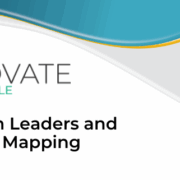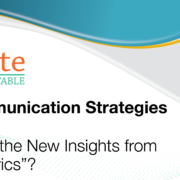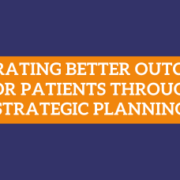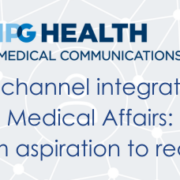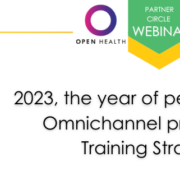Digital Opinion Leaders and HCP Influence Mapping
This article summarizes insights from a 2025 MAPS Roundtable where Medical Affairs leaders discussed emerging trends in digital engagement, focusing on the rise of Digital Opinion Leaders (DOLs) and strategies for Healthcare Professional (HCP) influence mapping. The conversation highlighted how innovative approaches are reshaping disease awareness and stakeholder relationships.

